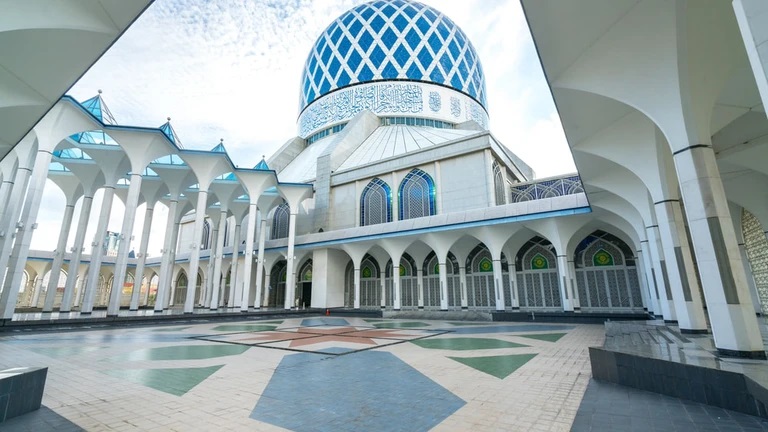Tunisia to reopen mosques, cafes and hotels on June 4
Tunisia will reopen places of worship, restaurants and hotels from June 4, authorities announced Thursday, more than two months after closing them over the coronavirus pandemic. The reopening could be delayed if there is a resurgence of COVID-19 cases, the ministers of major projects, interior and religion told a press conference. Hotels and restaurants, closed […]

FILE: Blue Mosque, Turkey
Tunisia will reopen places of worship, restaurants and hotels from June 4, authorities announced Thursday, more than two months after closing them over the coronavirus pandemic.
The reopening could be delayed if there is a resurgence of COVID-19 cases, the ministers of major projects, interior and religion told a press conference.
Hotels and restaurants, closed since March 22, will reopen at 50 percent capacity and authorities are finalising sanitary measures for tourism facilities.
A final lifting of all movement restrictions is scheduled for June 14, the ministers added, renewing calls for wearing masks, washing hands and social distancing.
Travel between provinces remains forbidden and security checks will be increased this weekend as Eid al-Fitr marks the end of the Muslim holy month of Ramadan, when people traditionally visit family.
Schools will remain closed until September with only baccalaureate preparation classes resuming for a month at the end of May.
Children’s daycare will also reopen at the end of the month.
Since March, Tunisian authorities have reported 1,045 COVID-19 cases, including 47 deaths. Rigorous containment measures since then appear to have halted the spread of the virus in recent days.
“We didn’t waste time and we made difficult, bold and occasionally creative decisions,” Prime Minister Elyes Fakhfakh said in a televised speech on Wednesday.
But the crisis exposed deep problems that Tunisia can “no longer ignore”, he said, including poverty, a weak economy and underfunded public infrastructure, with the healthcare system a top concern.
The government is revising the 2020 budget and a plan to reactivate the economy, to be presented to parliament at the end of June, Fakhfakh said.
It will focus on reducing bureaucracy, increasing digitalisation, maintaining jobs and fighting corruption, he said. (AFP)
